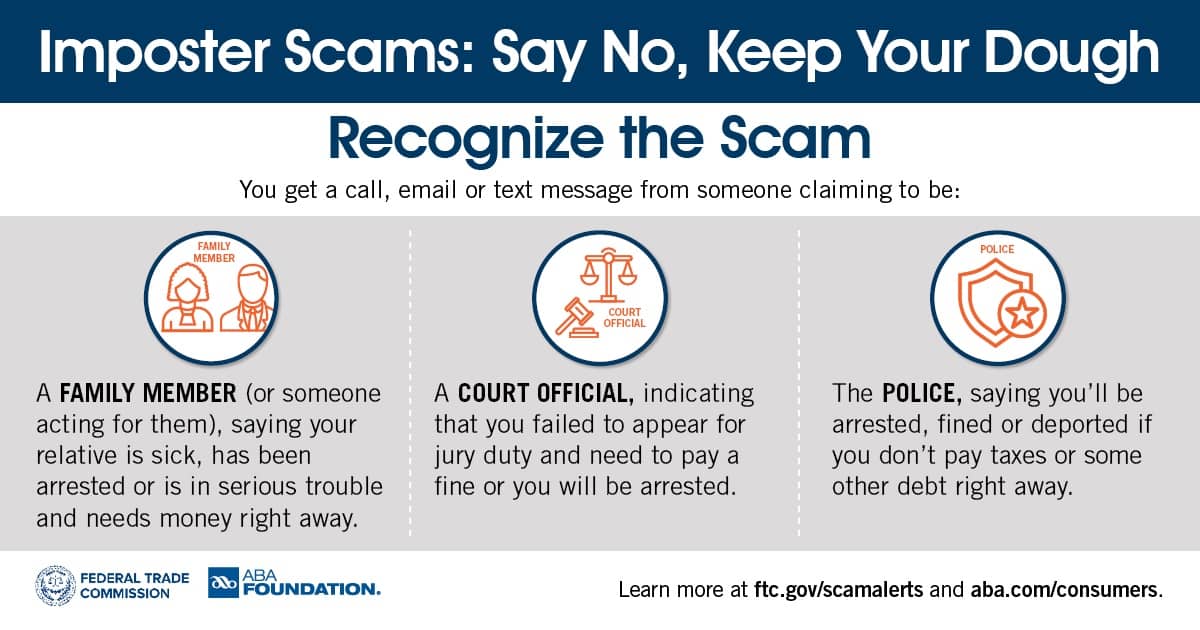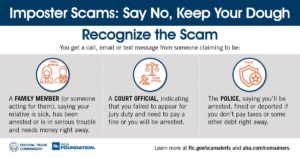
LEWISTON, ID – Residents of the Quad-Cities are receiving scam calls during which the caller claims they are with a law enforcement agency, claim you have a warrant, and demand that the caller be paid over the phone. The Lewiston Police Department first reported they had been receiving calls about the scam going across the area. These are called phishing scams and have been around for years.
“The caller will tell you they are with the Nez Perce County Sheriff’s Office and the phone number on the caller ID will show up as such,” LPD posted on its Facebook page. “They will say you have a warrant and to pay them with pre-paid green dot cards and to give them the card number over the phone and then give you an address to mail it to that is not valid.”
The Moscow Police Department received at least two calls from residents yesterday reporting a similar scam.
“Yes it is very similar, someone calling and impersonating a MPD officer trying to get money,” Moscow Police Chief Jim Fry says.
The Federal Trade Commission says no, you won’t be arrested.
“Scammers might pretend to be law enforcement or a federal agency. They might say you’ll be arrested, fined, or deported if you don’t pay taxes or some other debt right away. The goal is to scare you into paying. But real law enforcement and federal agencies won’t call and threaten you,” the FTC says on its website.
“If you get this call please hang up and do not give any information. You do not need to notify your local law enforcement unless you did pay them and have lost money because of it,” LPD adds.
Remember these tips to avoid being a victim of a telephone scam:
Do:
- Register your phone number with the National Do Not Call Registry. You may register online or by calling 1-888-382-1222 (TTY: 1-866-290-4236). If you still receive telemarketing calls after registering, there’s a good chance that the calls are scams.
- Be wary of callers claiming that you’ve won a prize or vacation package.
- Hang up on suspicious phone calls.
- Be cautious of caller ID. Scammers can change the phone number that shows up on your caller ID screen. This is called “spoofing.”
- Independently research business opportunities, charities, or travel packages that the caller offers.
Don’t:
- Don’t give in to pressure to take immediate action.
- Don’t say anything if a caller starts the call asking, “Can you hear me?” This is a common tactic for scammers to record you saying “yes.” Scammers record your “yes” response and use it as proof that you agreed to a purchase or credit card charge.
- Don’t provide your credit card number, bank account information, or other personal information to a caller.
- Don’t send money if a caller tells you to wire money or pay with a prepaid debit card.


